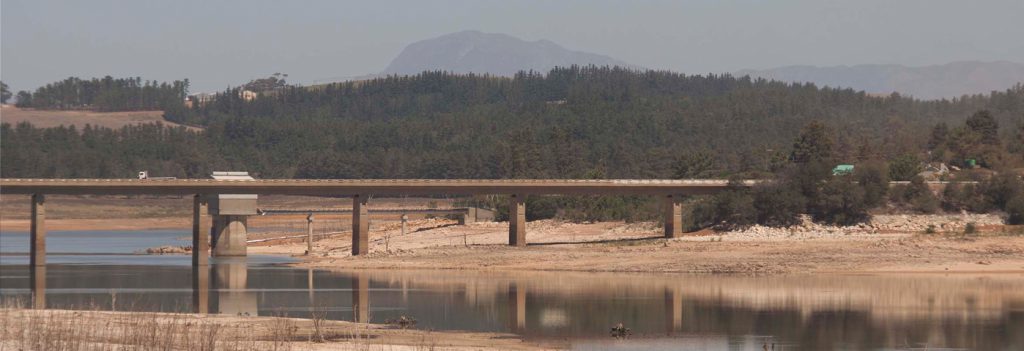FEBRUARY 2018
Q: Is water available in Western, Eastern and Northern Cape for travellers?
A: Yes – citizens and travellers alike are requested to abide by the water restrictions set in the area they are visiting. In line with World Health Organization basic standards, travellers to Cape Town for instance are requested to use 50 litres per day, per person and to conserve this precious resource as much as possible. Individuals will therefore still shower, boil water for food, practice basic hygiene, and drink the recommended amounts of water.
Q: Will I have to queue for water?
A: No – water is available through the regular sanitary and hygiene systems for taps, showers and toilets.
Q: 50 litres per day isn’t much. What can I do with that?
A: With 50 litres of water you can use 18 litres to wash laundry, take a 90-second shower with 15 litres, use nine litres to flush a toilet, use three litres for daily hygiene, use two litres for cooking if in a self-catering establishment, and drink two litres of water.
Q: Are swimming pools still filled up?
A: Establishments are being encouraged to use grey water to fill their swimming pools; contact your travel agent or establishment owner to ascertain usage and availability.
Q: Are tourist attractions still operational?
A: All major tourism attractions have operational water, as well as restaurants, bars and other entertainment spots.
Q: Why should I inconvenience myself by following the water restrictions set when I can visit another country where water restrictions are not in place?
A: Water conservation and shortages is a worldwide problem. The World Health Organization has recommended that the international community adopt a figure of 50 litres per person, per day. Climate change and drought conditions are a global issue and not only isolated to the Western, Eastern and Northern Cape of South Africa. This is an opportunity for travellers to be mindful of both the need to conserve water and their impact on the planet.
Q: Must I cancel my trip to South Africa due to the water shortage?
A: No – staying away from the Western, Eastern and Northern Cape is not part of the solution. Cancelling a trip will place strain on regions that depends heavily on tourism. As an example, Cape Town has over 1.2 million visitors annually, spending approximately R40 billion, and creating over 300 000 jobs, which adds over 7.5% to the city’s total GDP. This spending helps significantly to fund the ongoing water saving projects being implemented; decreasing this input will create further challenges and financial strain.
Q: Won’t I contribute to the water shortage if I travel to South Africa on holiday or business?
No – be part of the solution and uphold your travel bookings as water is still available. According to World Travel and Tourism the sector employed 716 500 people (4,6% of all employment) nationally in 2016 while contributing R402 billion to the national economy (9,3% of the entire economy). Holistically, tourism presents nearly R1 in every R10 for the nations’ gross domestic product.
Q: How can I support South Africa during this crisis?
A: Uphold your travel bookings and be united in our communications to the world by getting behind the movement of #WaterWiseTourism that embraces the new normal of sustainable tourism and encourages all travellers and citizens to use water wisely. In all your communication, please continue to tell people that:
• I do #WaterWiseTourism
• We do #WaterWiseTourism
• South Africa does #WaterWiseTourism
Integrate the hashtag into your email signature and use it in all your communication where appropriate. Please refer to the full communications pack, How to Do #WaterWiseTourism, for all collateral you may need. Together we can take up the water conservation challenge and create global best practices along with the tourism industry.
Q: What is the tourism industry doing collectively to conserve water?
A: South African Tourism is collaborating and coordinating with various partners, including Wesgro, to further the reach of all
communications for travellers. Since 2010, one of our largest tourist attractions, the V&A Waterfront in Cape Town, has already cut water use by 53% prior to the drought through a mix of innovative and creative ways, including the use of borehole and grey water for toilets and irrigation, installing waterefficient fittings and proactive pressure management, along with aggressive leak detection. This is a trend we’ve witnessed across the industry as establishments, travellers and citizens rally behind this cause to conserve as much water as possible.
Ends.
